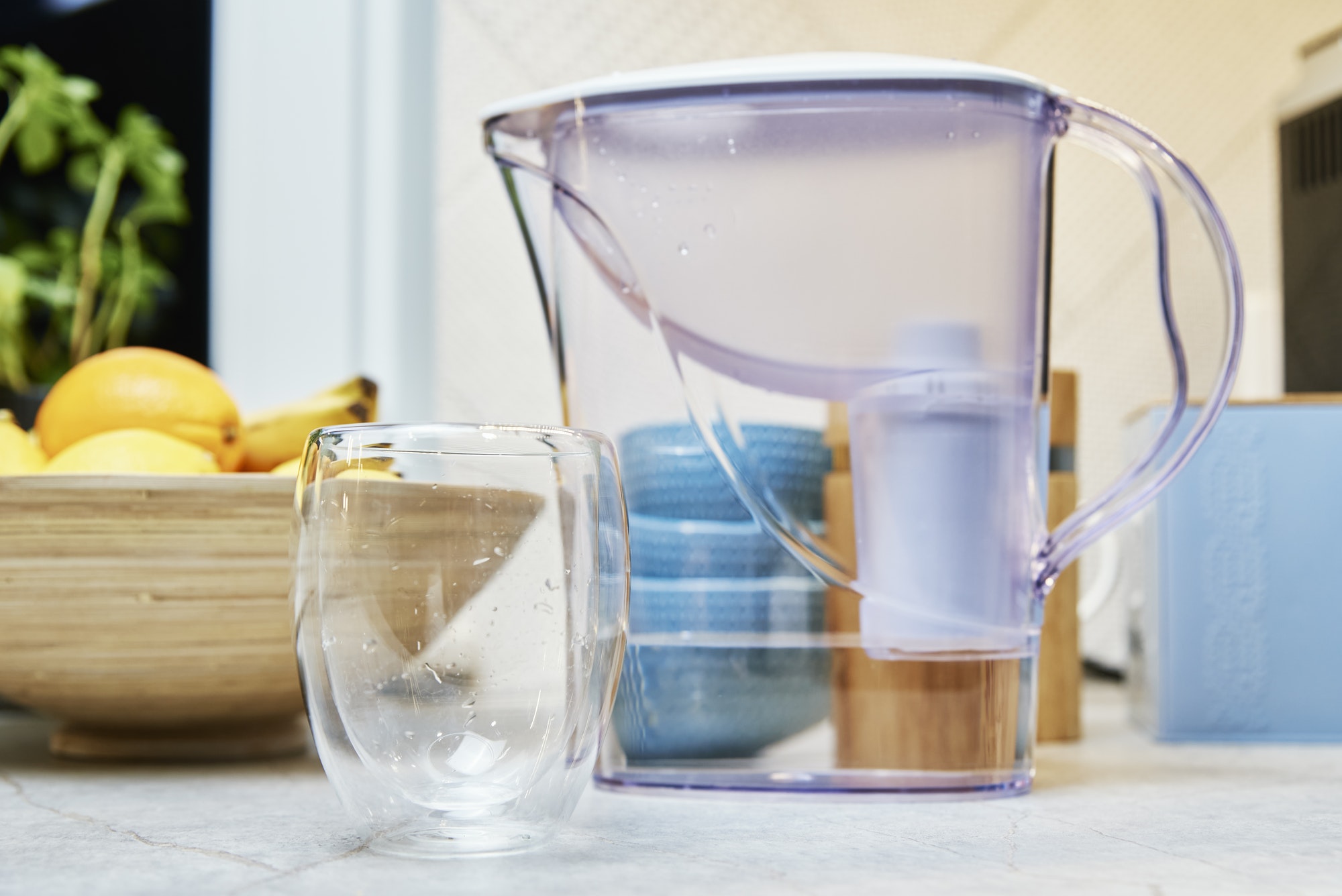A lot of people are wondering about what the difference between deionized and reverse osmosis is. The trick is, they’re very different in some ways, but they’re also very similar in others. It’s an important thing to understand because you’ll want to make the best choice for your home or business needs! Water is one of the most important substances to sustain life. Without it, we would die. Learning about water filters is an important step for choosing how you want your water to taste and feel.
Reverse Osmosis
Reverse osmosis is a process where water is run against a very high pressure. The pressure causes the water to pass through a membrane which is a thin barrier that prevents the passage of the molecules in the water, leaving all the water-soluble impurities behind. The problem with reverse osmosis, though, is that the membrane can become clogged, which could cause your water to get cloudy. Reverse osmosis filters are good for removing certain chemicals and tastes from the water. It also removes high levels of chlorides, which are harmful to your body.
Deionization
In deionization, water is run through a special circuit that eliminates all of the impurities. Deionization is the process of removing any ions from the water, leaving the water as clean as possible. This is done using an ion exchange resin. The advantage to deionization is that there’s no chance of the membrane clogging up or becoming dirty. The process is also important for water that comes from a spring or is otherwise naturally pure.
How do you know which is right for you?
To be able to determine which water filtration method you will need to determine what your needs are first. How much water do you drink a day? How often do you shower? What types of water are you likely to be exposed to? All of these things will help you determine which method is best for you. To start off you will need to start with a filtration method that is good for you and one that will be able to fulfill your needs.




